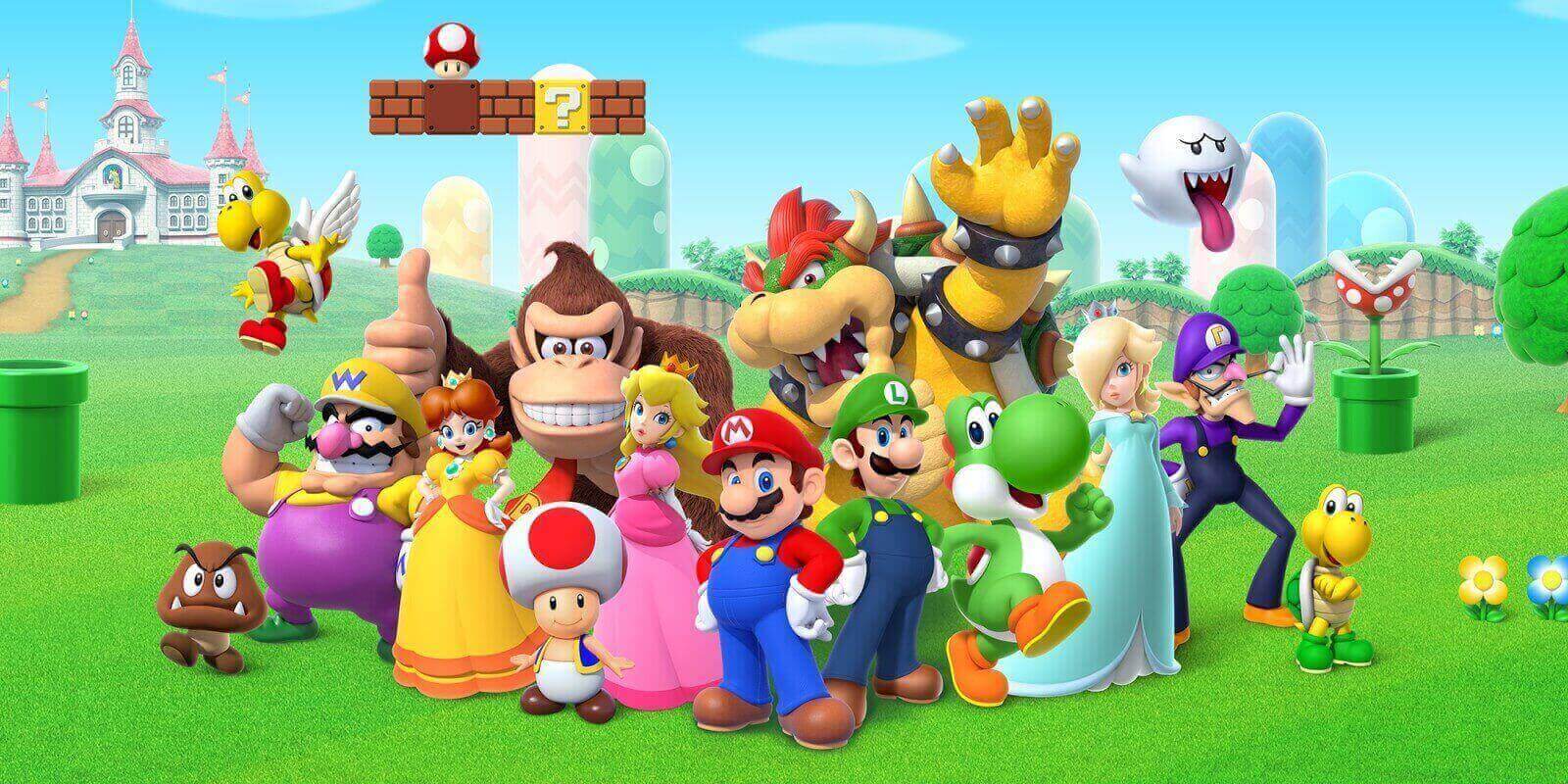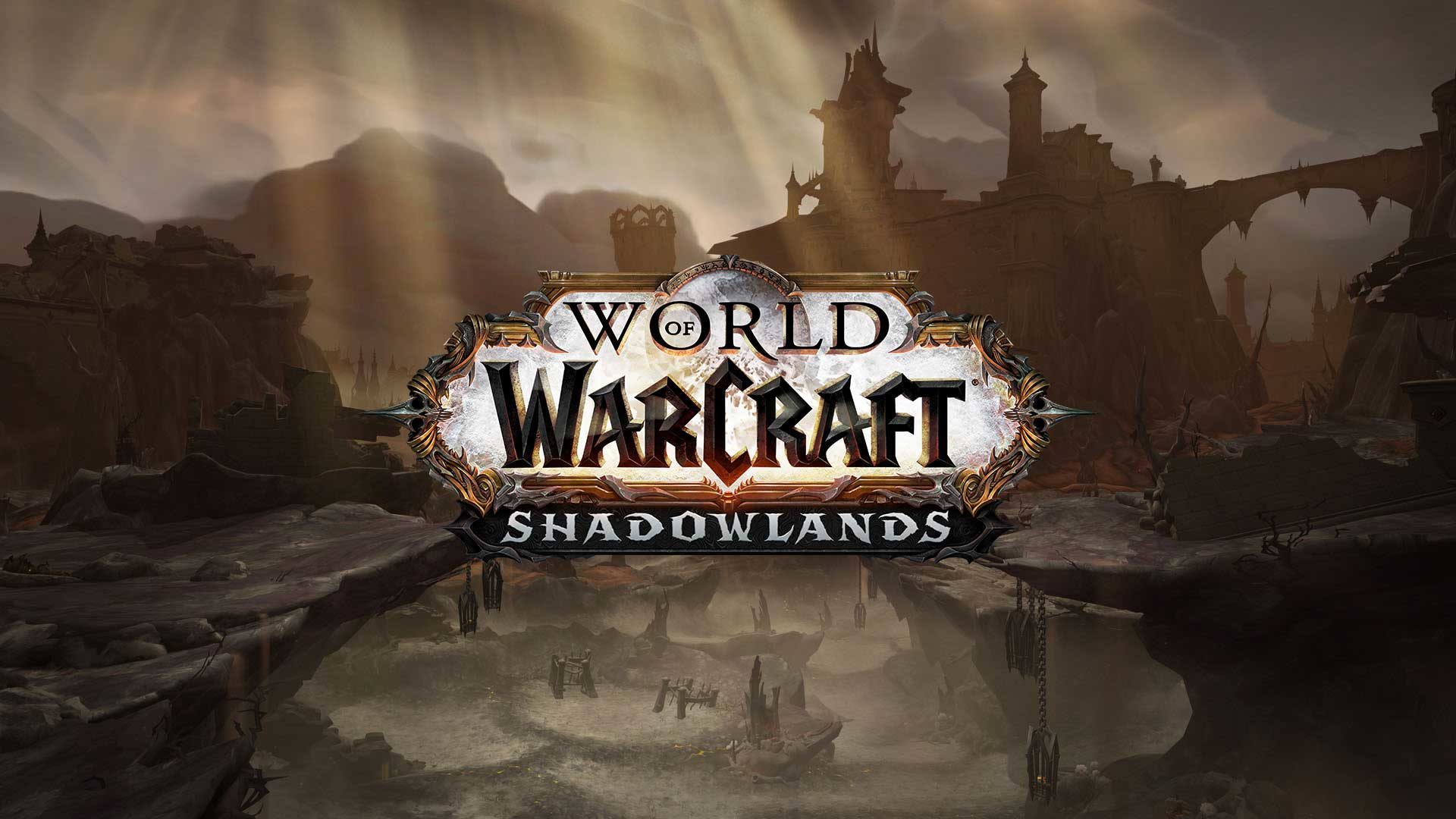
If you’re reading this article, then you are probably an avid gamer. We're are an interesting bunch, diverse and choc-a-block full of characters from all walks of life, ages, shapes, sizes and ethnicities. However, there has always been a stigma attached to gaming – apparently, we are all lazy slobs, rude and violent from all of our time playing GTA – but from the inside, we have always known this to be totally untrue. So, you’ll be pleased to find out that now it’s official – video games make you happier!
The news was a real bombshell! After years of controversy over whether video games were to blame for real-world violence, addiction and mental illness, the classic preconceptions were challenged in a psychological study at the Oxford Internet Institute back in November.
It’s a bipartisan effort, attempting to dispel the concerns of policymakers whose constituents may be worried that with more people playing video games than ever before, this might be bad for players. Even more remarkable: Electronic Arts and Nintendo of America participated! Guys, EA did something good this time!

What Did the Study Find Out?
The study collaborated with EA and Nintendo to monitor players’ actual behavior during gameplay, and surveyed them during game sessions of Plants Vs. Zombies and the 2020's smash hit Animal Crossing: New Horizons in a partnership with huge implications for the video games industry. There is a huge amount to unpack here, but that’s what we’re here for! It’s also super interesting, so stick with us.
Okay, so this is all pretty dense stuff. A lot to wade through. We managed to get our hands on a copy of the report itself, as well as an analysis by Matthew Warren over at The British Psychological Society Research Digest. It’s really worth a read! Long story short, there was a correlation between the amount of time people spent playing games and greater levels of wellbeing. This has caveats but we will get to that in a second.

As gamers, it can be difficult to show off our hobbies to friends or family who may have been totally brainwashed by the narrative that games are dangerous. It is the same with lots of new artforms, and the music industry, for example, is famous for such stigmas! This is why it is important that studies like this are conducted so that we can become better informed on the reality.
“We found a small positive relation between game time and well-being for both games... Players who objectively played more in the past two weeks... reported to experience higher well-being.”
An excerpt from page 12: Johannes, Vuorre, and Przybylski, 2020.
These results are interesting because, despite the issues with the study (we'll get to that!), they cast doubt on the idea that video gaming is detrimental to mental health. To those of us playing games, this may have been self-evident, but issues with video game addiction ARE real. They are not ubiquitous, of course, but not only does this mean that cases of addiction are the minority, but it also means that video gaming can be HELPFUL.
Gamers have always struggled with the idea that increasing your time playing games can lead to harmful effects on mental health. The reality shown by studies like one is that our real-world beliefs and habits actually pay off well.
After all, who hasn’t been in a bad mood after a s**ty day, so they’ve sat down to a couple of hours of Assassin’s Creed, dived into the world, and felt a whole lot better?
Is the Data Legit?
Well, we certainly didn’t think we’d end up writing about such studies on EarlyGame! But, hey, why not? But it's not all roses. There are two principal problems with this study, and both reduce the usefulness of the data collected. Let’s break that down...
Only a small number of people responded to the surveys sent out by the researchers, specifically 471 Plants Vs Zombies players, and 2,756 Animal Crossing enthusiasts! The discovery was that generally, the more hours players spent in-game over the two-week period examined, the better the wellbeing of those players. However, this is a very small sample size, so the study is hardly groundbreaking.
“It’s important to point out that the authors do go to lengths to explain these limitations in the paper. But it feels like the nuances have been brushed over in much of the media coverage.” Excerpt from Matthew Warren’s piece in The British Psychological Society Research Digest! It is a super interesting read.
The other concern is that the paper is yet to be "peer-reviewed", a process that validates a study by undergoing strict scrutiny by fellow academics. This means that there may be changes coming to the paper, and it should not yet be held as gospel. That being said, it is pretty exciting to see the correlation between gaming time and happiness!
SOOOOOOOO... What Does This Mean for Video Games?
The most interesting thing about this study (in our opinion) is the involvement of EA and Nintendo of America! We should all be pleased to hear about the involvement of major game publishers in gaming-related studies because it indicates their willingness to engage in research that could benefit the industry. What was especially interesting, though, was the way they collected the data in the first place!
When studies like these are done, they usually rely on gamers self-reporting their playtime which is seriously unreliable. This study used actual play data provided by EA and Nintendo, and this is huge. But why, you may ask? Why is this such a big deal?
The answer to this question is VERY simple! Video games are a relatively new medium of entertainment, art, and storytelling. Like many other "new" artforms, some time must pass before it gets taken seriously! Most gamers would agree that video games are often treated as infantile, especially by government officials and older people who don’t really understand it.
That’s why this is so important – if game publishers are willing to participate in studies like this, then more high-quality work can be done. This means that research and the findings of that research will have a stronger capacity to begin influencing policy. What’s more important, though, is what we are all searching for: greater acceptance, and more respect for the games that we love so much!
READ MORE:
- Xbox Series X: New Firmware Update Saves You Money
- EA Sports Hit with Lawsuit Over FIFA SCRIPTING Allegations
- Pokimane vs. Fedmyster – Lovers' Quarrel... Kind Of
- Cyberpunk 2077 Streaming Restrictions Hint at an EARLIER RELEASE
For more gaming and esports news, stick to EarlyGame. Get engaged through our Twitter and Facebook, and check out our YouTube channel!






































